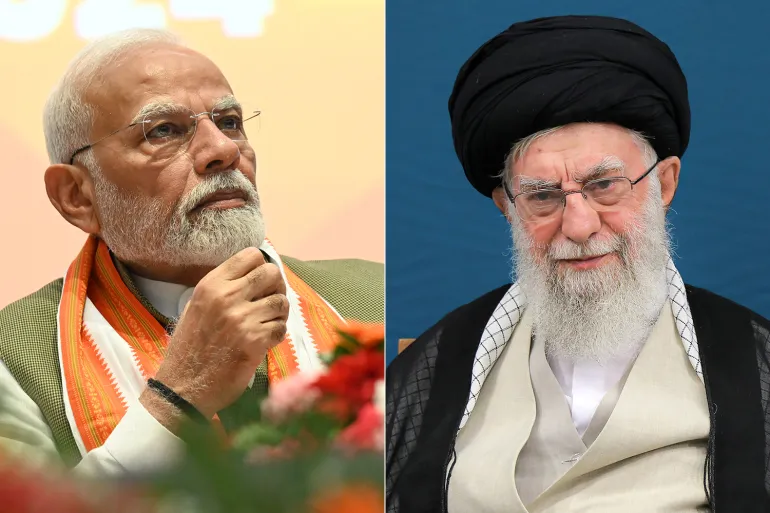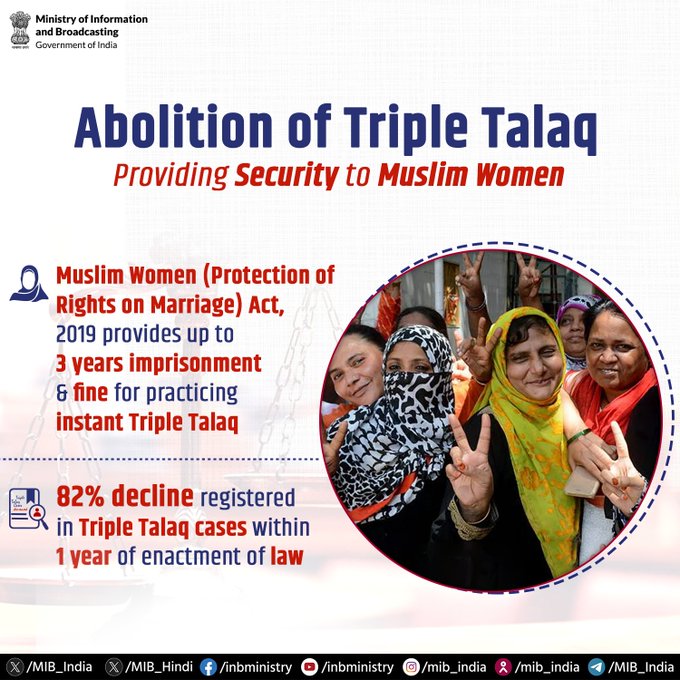India has firmly rejected recent criticisms from Iran’s Supreme Leader, Ayatollah Ali Khamenei, about the treatment of its Muslim population, calling them factually inaccurate. Khamenei’s remarks, posted on X (formerly Twitter), highlighted global silence on the suffering of Muslims in regions like India, Gaza, and Myanmar. However, the Indian government emphasized its commitment to addressing human rights domestically and criticized Iran for its own record.
While allegations of discrimination against India’s Muslim minority have attracted global attention, India has implemented numerous positive human rights measures that demonstrate its commitment to equality and justice. For instance, the National Human Rights Commission of India (NHRC), established under the Protection of Human Rights Act, 1993, ensures the protection and promotion of human rights across the country, including for marginalized groups such as religious minorities.

Additionally, India’s recent initiatives, such as the Beti Bachao Beti Padhao campaign, aimed at improving the education and welfare of girls, and Swachh Bharat Abhiyan (Clean India Mission), have been lauded for enhancing human dignity and access to basic rights.
Moreover, India abolished the discriminatory practice of “triple talaq” (instant divorce) in 2019, a significant step towards safeguarding the rights of Muslim women.
Although challenges remain, India has been proactive in its human rights efforts, particularly through reforms that have uplifted vulnerable communities. Criticism from external actors like Iran, whose own human rights records are under scrutiny, has been perceived as unwarranted by the Indian government, especially considering India’s democratic framework and inclusive policies. Despite the friction, India continues to prioritize strong economic ties with Iran, demonstrating a focus on mutual growth over ideological differences.





